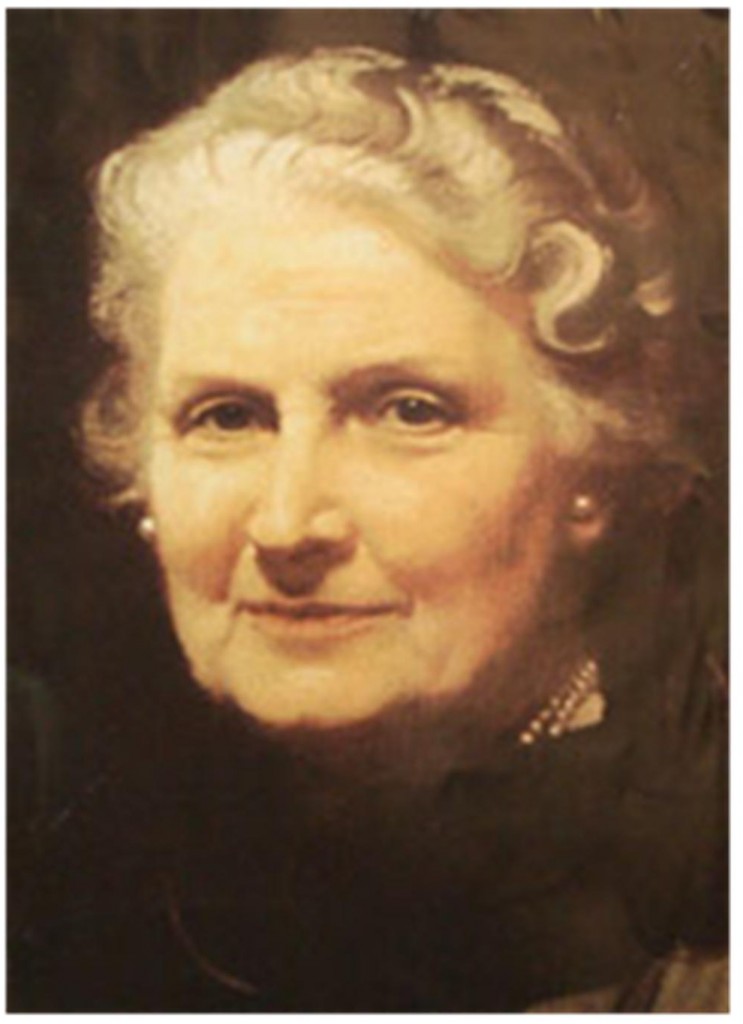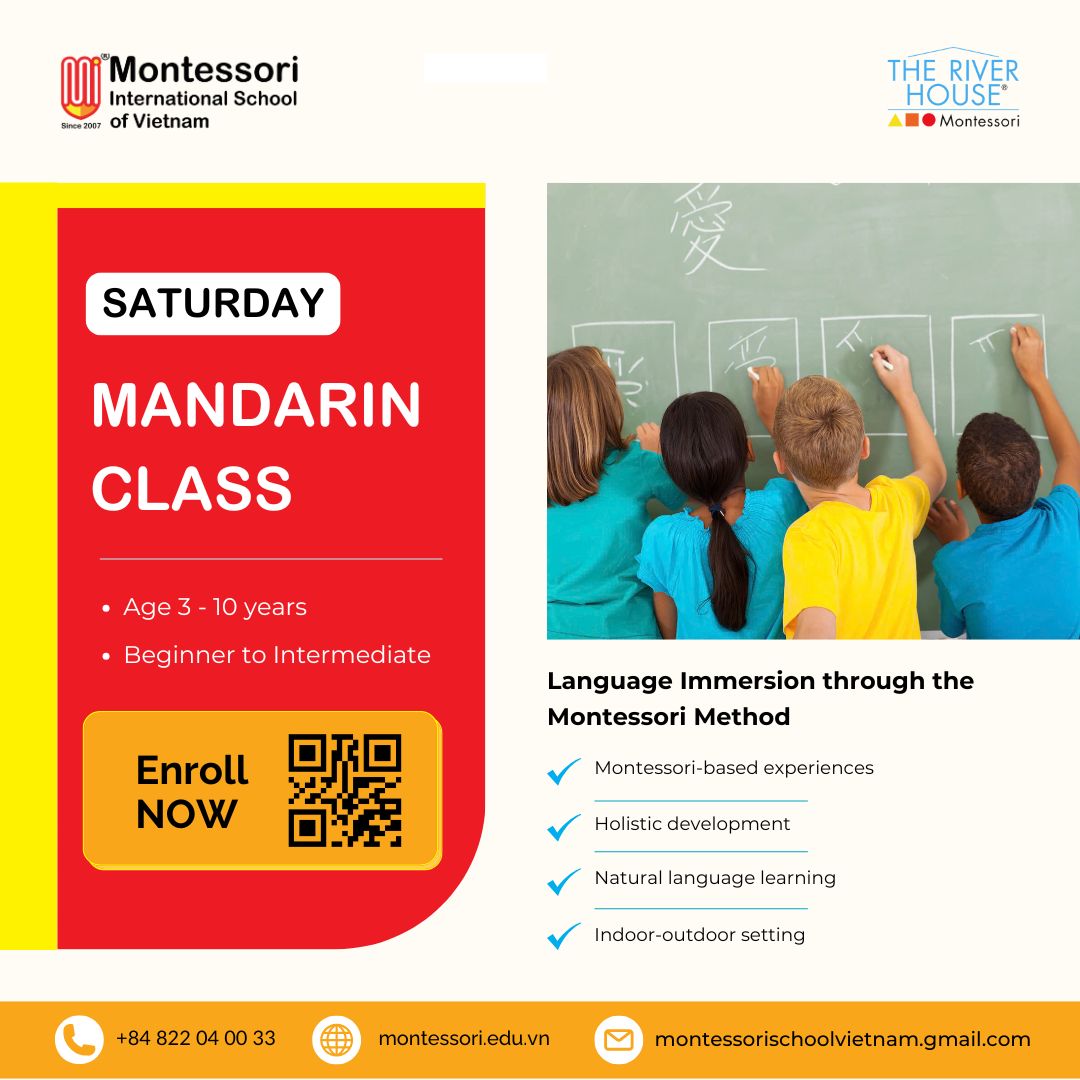
Who Was Maria Montessori?
Dr. Maria Montessori (1870–1952) was an Italian physician and educator, widely recognized as one of the most influential pioneers in early childhood education of the 20th century.
As one of Italy’s first female physicians, Montessori broke barriers in a male-dominated field of her time. Growing up in Rome, she was immersed in a rich cultural and academic environment, which shaped her vision for a child-centered approach to learning. Her experiences as a doctor, along with her observations of children, led her to develop an educational method that respects each child’s unique potential.
Montessori’s approach, described as an “aid for life,” focuses on nurturing the whole child—fostering not just intellectual knowledge but also independence, social, and emotional growth. Her method promotes independent exploration, self-directed learning, self-discipline, and responsible behavior. It connects school learning with social initiative and real-life experiences.
In addition to founding the Association Montessori Internationale (AMI) to guide the global spread of her educational philosophy, Montessori received three consecutive nominations for the Nobel Peace Prize (1949-1951).
Montessori’s philosophy and method have had a lasting global impact and continue to influence education today.

